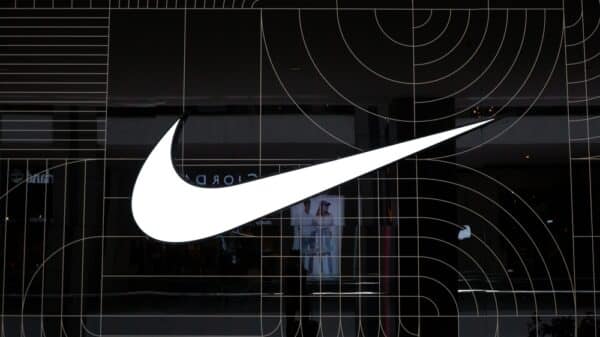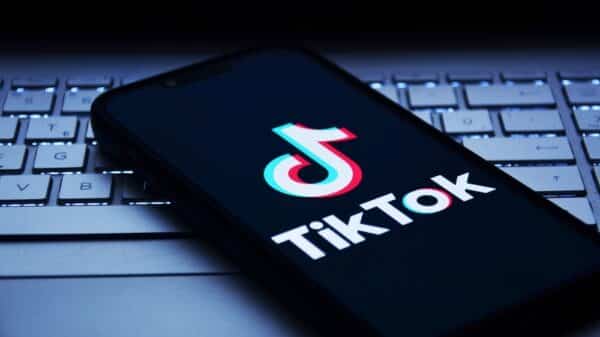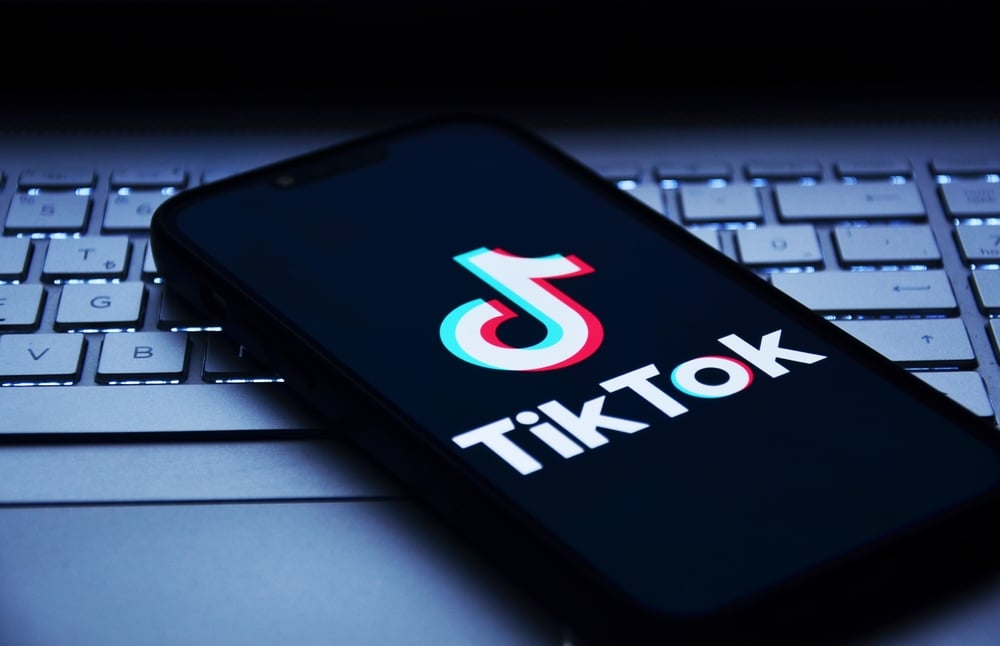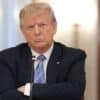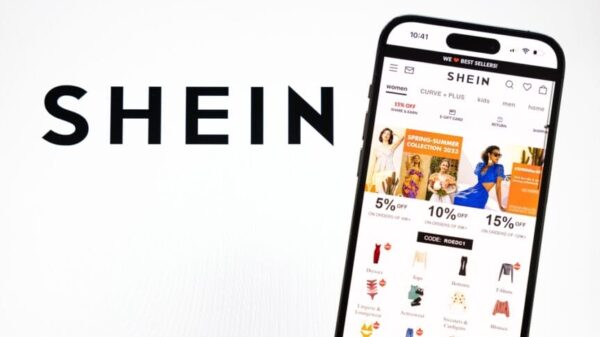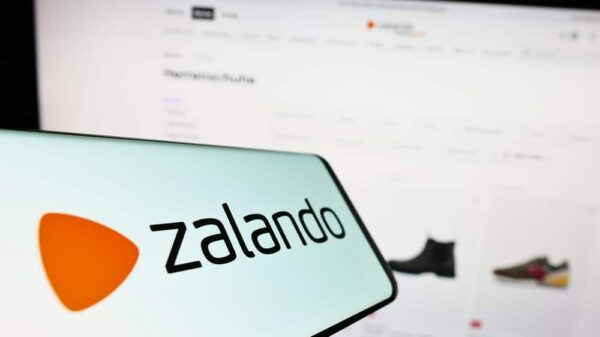President Donald Trump made headlines on Wednesday when he reaffirmed that the proposal to spin off TikTok’s U.S. assets is still a viable option, despite recent developments putting the deal on ice. If you’re feeling overwhelmed by the complexities surrounding TikTok and its future in America, you’re not alone. The topic has been a whirlwind of policy, potential deals, and political sentiments, particularly as it pertains to concerns over data privacy and national security.
Just to give you a bit more context, TikTok is immensely popular in the U.S., with around 170 million users engaging with the app regularly. However, its parent company, the Chinese firm ByteDance, has faced increasing scrutiny due to worries about data access and management. Trump’s insistence on a divestiture is aimed at alleviating those fears—his administration argues that the app poses a risk to U.S. data security.
During a recent briefing in the Oval Office, Trump emphasized, “We have a deal with some very good people, some very rich companies that would do a great job with it, but we’re going to have to wait and see what’s going to happen with China.” This comment alone encapsulates the tension that has characterized U.S.-China relations, especially when it comes to technology and data privacy. It’s a complicated dance of diplomacy that leaves users and stakeholders on both sides of the Pacific unsure of what lies ahead.
The timeline for a potential agreement has been fluid. Trump recently extended the deadline for ByteDance to divest from its U.S. assets to June 19. If no deal is reached by that date, a ban could take effect, which would change everything for those 170 million users who have grown accustomed to scrolling through TikTok’s endless stream of videos. It’s important to note that this isn’t the first time Trump has delayed enforcement of the ban; he has granted reprieves previously, initially set to start in January, indicating a willingness to negotiate rather than rush to conclusions.
The proposed spin-off would involve creating a separate entity for TikTok that is based on American soil and largely owned by U.S. investors. That alone indicates a significant shift in how companies interact across global markets, especially when national security is on the line. Senators Mark Warner and Ed Markey have voiced their concerns, arguing that the President lacks the legal authority to extend the divestiture deadline. They claim that any potential deal would not meet legal requirements—a sentiment echoed by many who are worried about what the ramifications of such a move might be.
Voices from within Congress are advocating strong caution against any potential deals. Senator Tom Cotton pointed out that some investors might seek legal indemnity for any future violations, suggesting that Congress might face immense pressure in this direction. “To any American who wants to invest in some half-assed TikTok deal, Congress will never protect you from going into business with Communist China,” Cotton warned. His remarks underscore the prevalent skepticism about the benefits of such a partnership, and reflect concerns that run deep within the political sphere.
Most importantly, a significant hurdle remains: any deal would require approval from the Chinese government. This is indeed a game of poker—both sides are holding their cards close to their chests, and the stakes are undeniably high. A source close to ByteDance’s U.S. stakeholders remarked that negotiations continue, but all indications suggest that the ongoing tariff disputes between the U.S. and China must first find resolution.
It’s a nuanced situation, blending legal, political, and economic threads that create a heavy narrative, affecting everyday users who just want access to their favorite platforms. As you can see, whether you’re a casual TikTok user or someone closely monitoring this deal, the ramifications of government decisions ripple through our digital lives.
In the meantime, TikTok has chosen not to comment on the unfolding situation. For those feeling the weight of uncertainty, know that you are not alone in this. Many Americans are watching closely, waiting to see how the story unfolds and hoping for clarity in a situation shrouded in confusion. The upcoming months leading up to the June deadline will be crucial, and it’s worth keeping an eye on developments, because it’s not just a question of business, but of how tomorrow will shape the digital landscape we navigate every day.
Image Source: miss.cabul / Shutterstock






